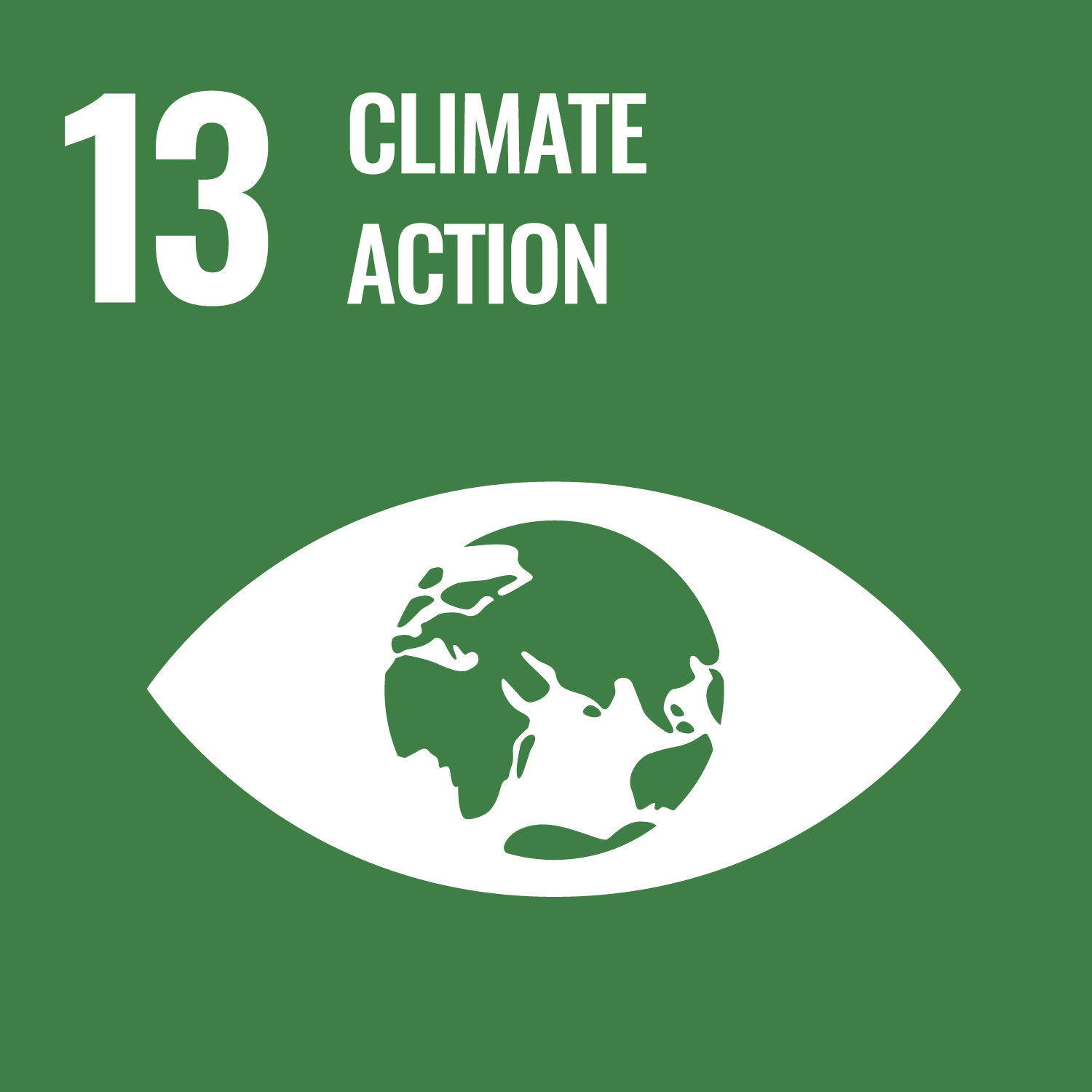Accelerating community resilience through agroecological innovation and business hub
Aligned SDGs


- Accelerating community resilience through agroecological innovation and business hub
- General overview
- Intervention
- Location
- Last data update
- Spreadsheet of data
- Accelerating community resilience through agroecological innovation and business hub
- General overview
- Intervention
- Location
- Last data update
- Spreadsheet of data
General overview
Stage of development: Early stage
Policy sectors: Employment and private sector development / Environment and climate change
Type of instrument: Impact Bond
Delivery locations: Kenya
Country classification: Lower-middle-income
Intervention
Social or environmental challenge
Agriculture, the largest employer and mainstay of the Kenyan economy, is faced with numerous challenges: destruction of ecosystems through reduction of forest/ tree/vegetation cover dwindling to 5% and heading towards 10% (for wood fuel, timber, poles); non-equitable access to and control of productive resources driven by cultural gender biases; a larger population of women, vulnerable people and youth with inadequate skills, knowledge and information on agroecological climate positive approaches; limited participation of youth in agricultural innovations, research, technology development and utilization; inadequate access to financial services; unfavorable policies to support youth in agri-preneurship; and low levels of value addition on farm produce.
Description of the intervention
Ripple Effect (formerly, Send a Cow) proposes to develop an Agroecological Innovation and Business Hub (Eco-Hub) that will operate as a social enterprise with a comprehensive incubation facility for agroecological innovations that will serve women, vulnerable people & youth agribusiness startups and small and medium enterprises (SMEs). It aims at accelerating incomes through agroecological climate positive approaches (ACPA) among rural farming communities in Western Kenya, where it will be based. ACPA, a tested approach at Ripple Effect in collaboration with research institutions in the region, is an alternative approach to agriculture production that not only leads to improved yields, but also contributes to improvement and regeneration of the farming ecosystem, enhances biodiversity, and promotes climate change mitigation. It is also a means to lowering and sequestrating greenhouse gasses. Hence, scaling up of the ACPA model through the establishment of the Eco-hub, we aim to create decent economic opportunities especially for the youth and women, accelerate agroecological solutions to combat climate change and its impacts. The proposed outcome-based funding vehicle (OBF) provides an opportunity to pilot an Eco-Hub that will provide value for investment through increased yields, low costs of production, better market prices, and opening of regional market linkages.
Location
Country:
- Kenya
Locality:
- Kenya
Last data update
Data for this pipeline project was last updated in August 2023
You might have noticed that some pipeline projects have more data than others. This is because organisations can share as much data as they want with the INDIGO initiative. If you have more data on one of these pipeline projects and would like to share with us, please get in touch at indigo@bsg.ox.ac.uk. Our full list of variables and data definitions can be found here.
Spreadsheet of data
Important Notice and Disclaimer on INDIGO Data
INDIGO data are shared for research and policy analysis purposes. INDIGO data can be used to support a range of insights, for example, to understand the social outcomes that projects aim to improve, the network of organisations across projects, trends, scales, timelines and summary information. The collaborative system by which we collect, process, and share data is designed to advance data-sharing norms, harmonise data definitions and improve data use. These data are NOT shared for auditing, investment, or legal purposes. Please independently verify any data that you might use in decision making. We provide no guarantees or assurances as to the quality of these data. Data may be inaccurate, incomplete, inconsistent, and/or not current for various reasons: INDIGO is a collaborative and iterative initiative that mostly relies on projects all over the world volunteering to share their data. We have a system for processing information and try to attribute data to named sources, but we do not audit, cross-check, or verify all information provided to us. It takes time and resources to share data, which may not have been included in a project’s budget. Many of the projects are ongoing and timely updates may not be available. Different people may have different interpretations of data items and definitions. Even when data are high quality, interpretation or generalisation to different contexts may not be possible and/or requires additional information and/or expertise. Help us improve our data quality: email us at indigo@bsg.ox.ac.uk if you have data on new projects, changes or performance updates on current projects, clarifications or corrections on our data, and/or confidentiality or sensitivity notices. Please also give input via the INDIGO Data Definitions Improvement Tool and INDIGO Feedback Questionnaire.